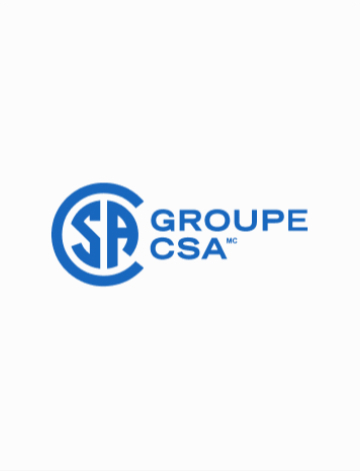CSA Preface
Standards development within the Information Technology sector is harmonized with international standards development. Through the CSA Technical Committee on Information Technology (TCIT), Canadians serve as the SCC Mirror Committee (SMC) on ISO/IEC Joint Technical Committee 1 on Information Technology (ISO/IEC JTC1) for the Standards Council of Canada (SCC), the ISO member body for Canada and sponsor of the Canadian National Committee of the IEC. Also, as a member of the International Telecommunication Union (ITU), Canada participates in the International Telegraph and Telephone Consultative Committee (ITU-T).
This Standard supersedes CAN/CSA-ISO/IEC 27018:15 (adopted ISO/IEC 27018:2014). At the time of publication, ISO/IEC 27018:2019 is available from ISO and IEC in English only. CSA Group will publish the French version when it becomes available from ISO and IEC.
This Standard has been formally approved, without modification, by the Technical Committee and has been developed in compliance with Standards Council of Canada requirements for National Standards of Canada. It has been published as a National Standard of Canada by CSA Group.
Scope
This document establishes commonly accepted control objectives, controls and guidelines for implementing measures to protect Personally Identifiable Information (PII) in line with the privacy principles in ISO/IEC 29100 for the public cloud computing environment.
In particular, this document specifies guidelines based on ISO/IEC 27002, taking into consideration the regulatory requirements for the protection of PII which can be applicable within the context of the information security risk environment(s) of a provider of public cloud services.
This document is applicable to all types and sizes of organizations, including public and private companies, government entities and not-for-profit organizations, which provide information processing services as PII processors via cloud computing under contract to other organizations.
The guidelines in this document can also be relevant to organizations acting as PII controllers. However, PII controllers can be subject to additional PII protection legislation, regulations and obligations, not applying to PII processors. This document is not intended to cover such additional obligations.


